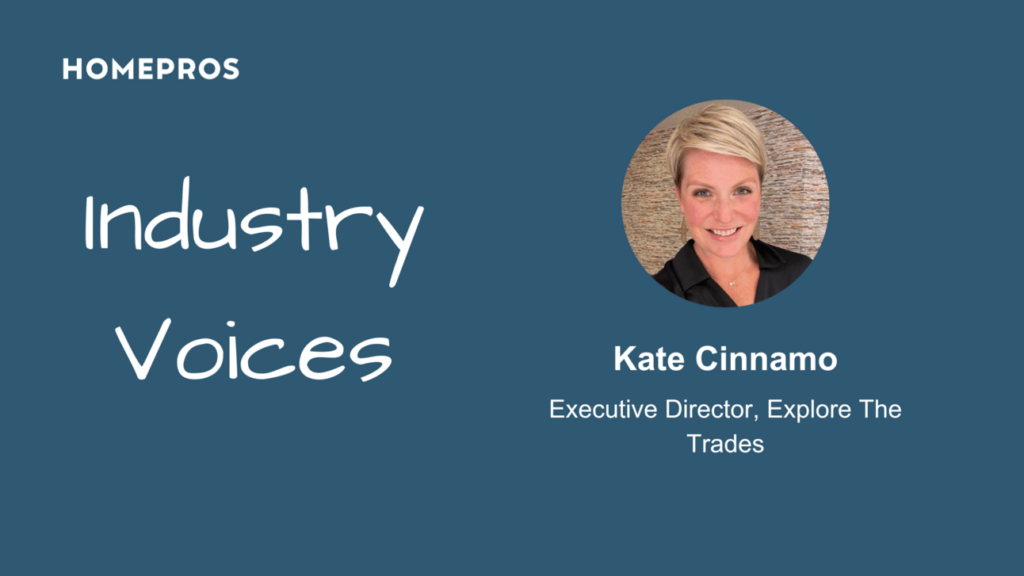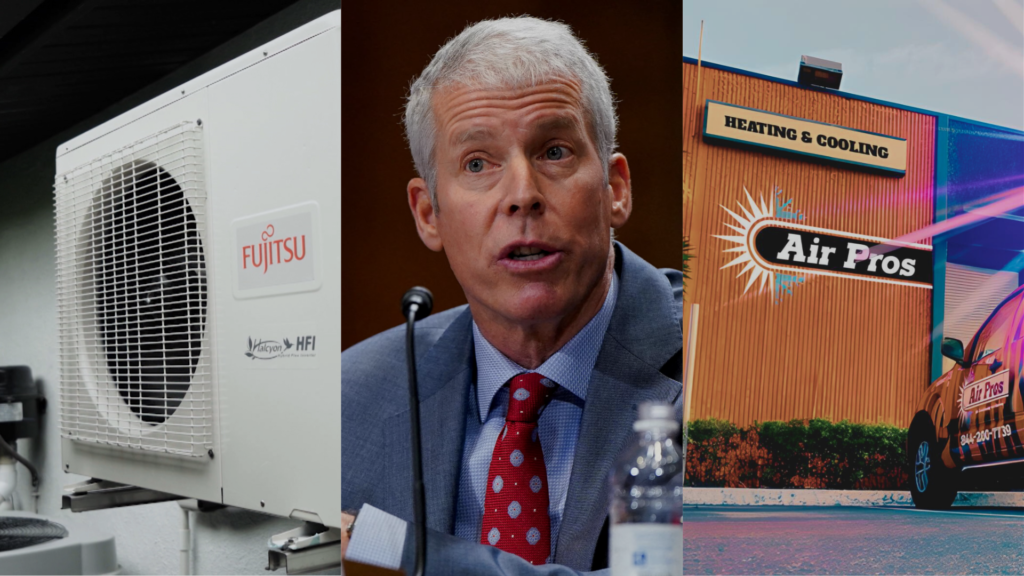“I don’t think there’s a right or wrong answer,” says contractor about private equity
Welcome to Post Close, a monthly series anonymously exploring the thoughts of HVAC contractors who have sold their businesses to a private-equity-backed platform

Logo: Homepros, Image: Axios
Welcome to the first edition of Post Close. While the exact number varies by source, over 50 private-equity-backed platforms are actively acquiring HVAC contractors across the country.
Post Close is a monthly series anonymously highlighting the thoughts of contractors who have sold their businesses to a platform.
Want to participate? Pop your email in here
On perception: “People are divided [about private equity], just like politics, but I don’t think there’s a right or wrong answer. My biggest takeaway right now is that you loved it when they wrote you a check, but because they did things they deemed necessary, now you hate them because you disagree.”
On culture: “I picked a partner because I thought it would protect my culture, and in doing so, I took less money. For the first year, the culture was unchanged and everything was fantastic. But then my platform sold a majority share, and when that happened, the financial pressures changed dramatically and the culture started to shift.”
On financials: “When you go from 5 or 50 trucks to 5,000 all of a sudden, that’s a massive asset and massive liability, so the platform has to control it. On a local level, I can negotiate to acquire or lease trucks. But the platform — while it seems counterintuitive because they have a much bigger buying pool — isn’t as good of a negotiator because it’s not their money.”
- “Same with insurance. The platform says, ‘If someone sues local company XYZ, and their lawyer figures out it’s part of [our company], they’re gonna connect the dots and hammer us. So we need way more insurance coverage.’ And they’ll push that down to the location level. So you were paying $750 a truck, and now you’re paying $1,250.”
- “We knew that our equipment vendors had six levels of units, and we wanted to sell two of them. So we negotiated really good prices on those two levels and let them overcharge us on the other four — because we were hardly gonna sell those. But in the corporate world, they’ve never done that.”
On the upsides: “I think the biggest upside to a platform is exposure to the rest of the platform. You now have other operators who you can say, ‘Who’s doing a great job with this?’ and just call them. There’s no competitiveness because we’re part of the same company.”
- “Post-Covid, we had a flex duct problem. We couldn’t do jobs because we didn’t have materials and neither did our vendors. But we were able to go to the group, and one of our Minnesota companies was like, ‘I have a tractor-trailer load of it that I don’t need as much; I’ll ship it down to you.’ So all of a sudden, we’re doing jobs in our market, and everyone’s like, ‘Where’d you get all this ductwork?’”
On missed opportunities: “Every individual location is doing training for whatever the cost is. [So] why wouldn’t you create a central training system or location that we could send all of our people back and forth to for a year?”
- “I don’t think it’s sexy enough because it’s not an immediate needle-mover. One of the things they seem to ask is, ‘How do we move the needle this month or quarter?’ [They’d have to] set up a facility, pay somebody a salary, fly people on airplanes, and put them in housing, and there’s no revenue to go with it.”
- “But if you did that for a year, and let’s say you can get technicians to $150k in revenue out of their truck after a year’s worth of investment, and you’ve got 30 of them, in year two, they’ll produce $4.5 million in direct sales and likely $6-8 million in associated sales — all at a 50% margin.”
- “But you had to be in pain for the first year, and I haven’t talked to anyone who goes, ‘That makes total sense’. That’s why I don’t think they do it.”
Editor’s note: The answers provided reflect this contractor’s experience with their particular partner and should not be interpreted as universal. They also do not represent Homepros’ views.
Want to participate? Pop your email in here
Suggestions? Shoot us an email
📬 Get our stories in your inbox
Keep reading
Industry Voices: Explore The Trades’ Kate Cinnamo
December 1, 2023
HVAC’s Q1: M&A, Trump, and bankruptcy
A snapshot of first-quarter headlines from around the industry, by month
Contractors split over how suppliers should handle tariff costs, survey finds
A division exists among contractors on how distributors and manufacturers should pass on tariff costs, according to a survey


